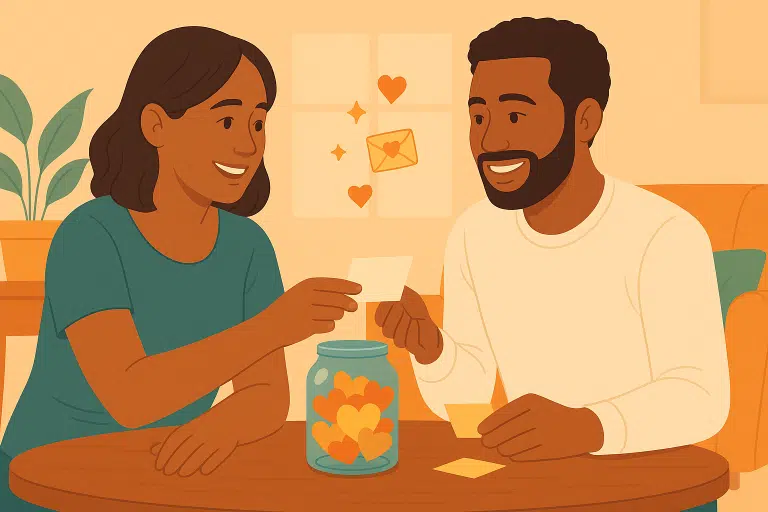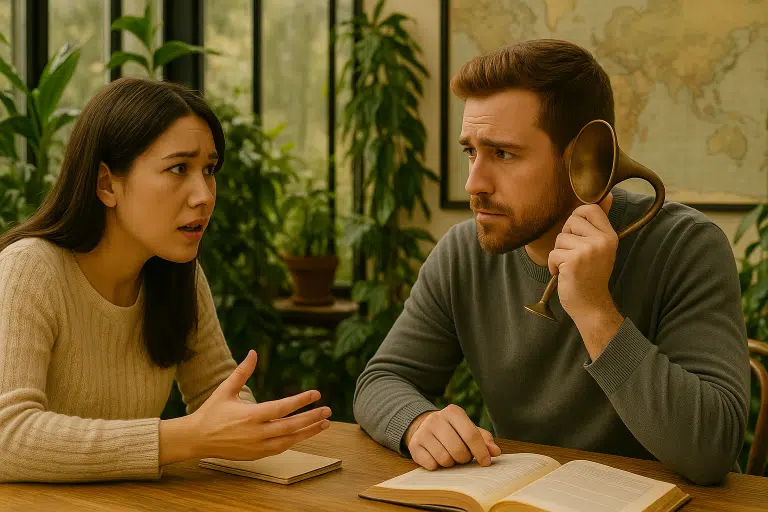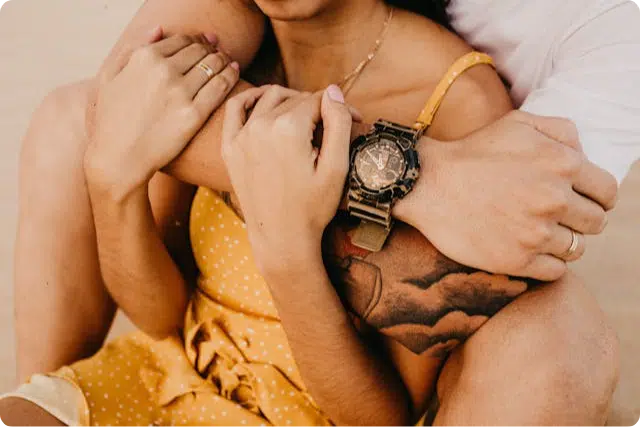So you’re considering couples counselling and you’re wondering what to expect. What even is couples counselling, actually? How does it work? Is my therapist going to side with my partner? Is therapy going to rock this unfulfilling but steady boat that is my marriage? Is my therapist going to make me look at my partner in the eyes awkwardly and share my feelings? In this article, we’ll try to give you a sneak peak of what the couples counselling process actually looks like.
How Does Couples Counselling Actually Work?
There are many forms of couples therapy, but at Couples Counselling Centre, we rely primarily on Emotionally Focused Therapy (EFT) for couples. We truly believe in this approach – and it is arguably the most effective evidence-based therapies available for couples who are stuck in conflict cycles.
In EFT, the focus is about restoring the emotional connection in your relationship. In a secure emotional connection, the relationship becomes a safe place where you and your partner can be vulnerable and honest. Your partner becomes a source of comfort, and the two of you become responsive to each other’s emotions and needs.
Early on, your therapist will focus on de-escalating your conflict and helping both of you to reflect on your conflict patterns. Relationships are like a dance. You’ve been stepping on each other’s toes, and in therapy you’ll get a chance to analyse the replay together. Naturally, many couples enter therapy focused on how their partner has been stepping on their toes. In therapy, you and your partner will learn to take responsibility for your own missteps – and you’ll work together to change the steps in their dysfunctional dance routine.
Once the couple is able to defuse their own conflict cycles (and this might take weeks, or it could take months!), therapy begins to focus on helping the couple to communicate their deeper needs and more vulnerable emotions. Your therapist will help you to explore and articulate the things that are really hard to share with your partner: your insecurities, fears, and desires. Just as importantly, your therapist will also focus on helping you to respond to each other when something vulnerable has been shared. Over time, and with enough practice, you and your partner will begin to feel safe to be vulnerable with each other.
Going to couples therapy can be exciting, but it can also be really scary! Most couples come in with some form of jitters, and they’ll generally express the same concerns. We’ll cover some of those common concerns in this section.
For most couples, there is an underlying fear that a therapist will hear an account of your deeds, look upon you with disdain and think in silent judgement, “Oh you’re a terrible partner.”
Let’s clear this up right away. Relationships are tricky. We’ve all hurt the ones we love and we’ve all done things that we’re ashamed of. Your counsellor is going to create a safe place for you and your partner to lay it all out on the table. In Emotionally Focused Therapy, we believe that all behaviours are understandable in light of a person’s lived experiences. So a properly trained therapist will not judge you as a bad person – but they will invite you to explore why it is you and your partner keep hurting each other.
That being said, therapists are human too – and they’ll enter each case with their own biases. The reality is, therapists might inadvertently spend a little more time with one person or sometimes they’ll empathise more with one person over the other. Sometimes, a therapist’s body language might be interpreted to mean some sort of judgement or side-taking. As hard as your therapist will try to make both of you feel equally heard and respected, sometimes it’ll feel like the balance is off. When this happens, I hope you feel safe enough to let your counsellor know how you feel! It’s so important that you both feel heard and respected. A properly trained counsellor will eagerly welcome your feedback and make adjustments accordingly.
How long will counselling take?
A lot of couples want to speed through the counselling process. After all, counselling costs time and money – so the faster we patch up our problems, the better. However, in order for couples counselling to produce real and lasting changes, it is necessary to take things slow. Emotionally Focused Therapy for couples generally takes about 8 to 20 weeks to produce significant and long-lasting changes. That being said, every couple is different. While some couples feel comfortable to leave therapy after 8 weeks, others have benefited from staying in counselling for months, or even years!
You might be asking, why would counselling take that long?! If you’re considering counselling, you’ve probably been repeating your conflict cycle for some time. That means you and your partner have been feeling the same feelings, thinking the same thoughts, and saying the same things for however many months, years, or even decades. Your relationship needs time to break these patterns and form new ones, and your brain needs time to rewire the way you think and feel about things.
Also, couples counselling inevitably involves having honest conversations and being vulnerable with your partner. Being vulnerable in a relationship can be really difficult – it’s like taking a leap of faith. And when you leap, you need to trust that your partner knows how to catch you. This process takes time! If you rush into vulnerability without learning how to catch each other, you’ll end up dropping our partners on the ground – and that’s not fun for anyone.
Will couples counselling disturb the peace?
A lot of couples who come into counselling have been stuck in their cycle for a long time. Many of these couples have found ways to bury their feelings and avoid certain topics in order to avoid conflict. The result is the formation of a stable, but disconnected relationship. Some couples fear that counselling will disturb the peace by reopening conversations that have historically led to conflict. Even though the status quo has been unfulfilling and unpleasant, it is also familiar and safe – and it can be really scary to rock the boat.
In couples counselling, it’s important to recognize that you and your partner will confront difficult topics. And chances are, opening those topics will probably trigger some conflicts – even during sessions. However, when these conflicts happen, your counsellor will help slow things down and provide a safe place to reflect on your conflict cycle together.
Couples counselling can be scary, but it is incredibly rewarding (and even fun!) if a couple is willing to commit to the process. We hope this article provided a little more clarity about what the process looks like!
Looking to book a coupes therapy session but not sure what to expect? Book a complimentary consultation HERE with one of our couples therapists who can lead you in the right direction.












